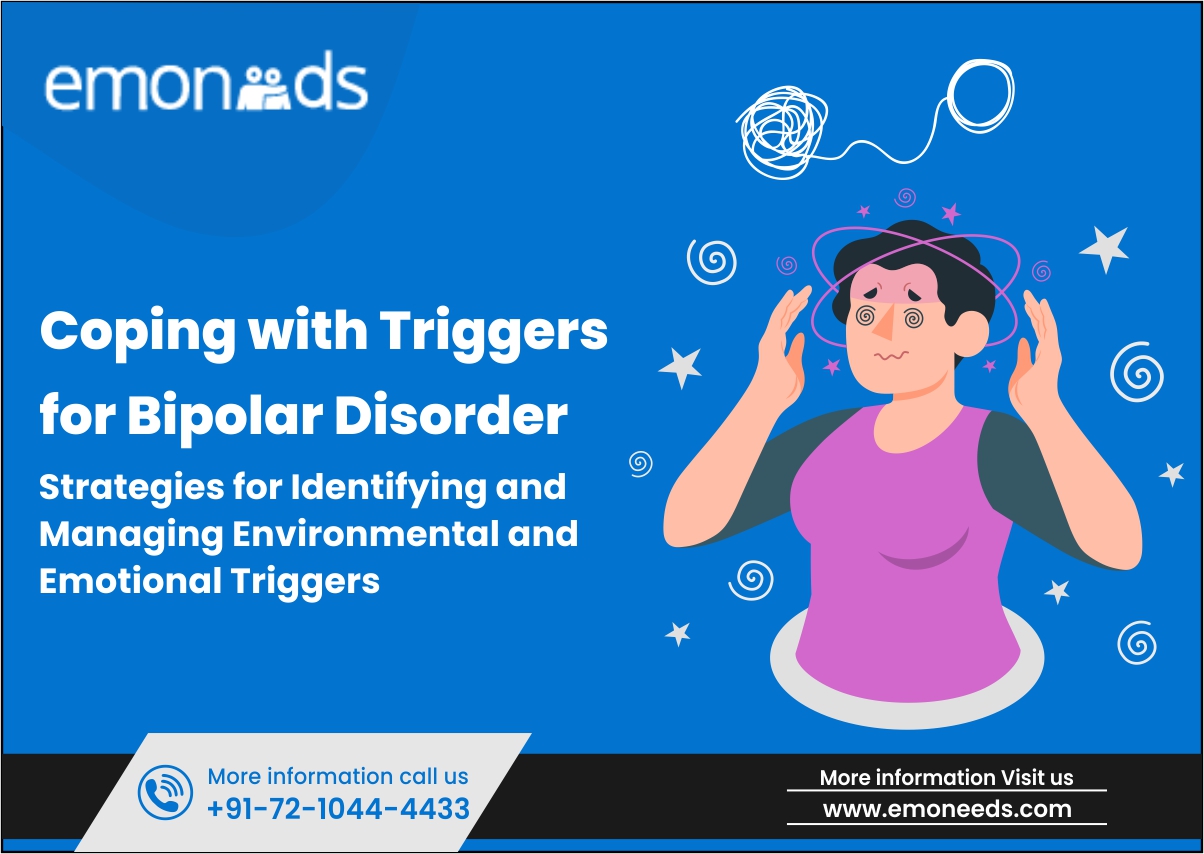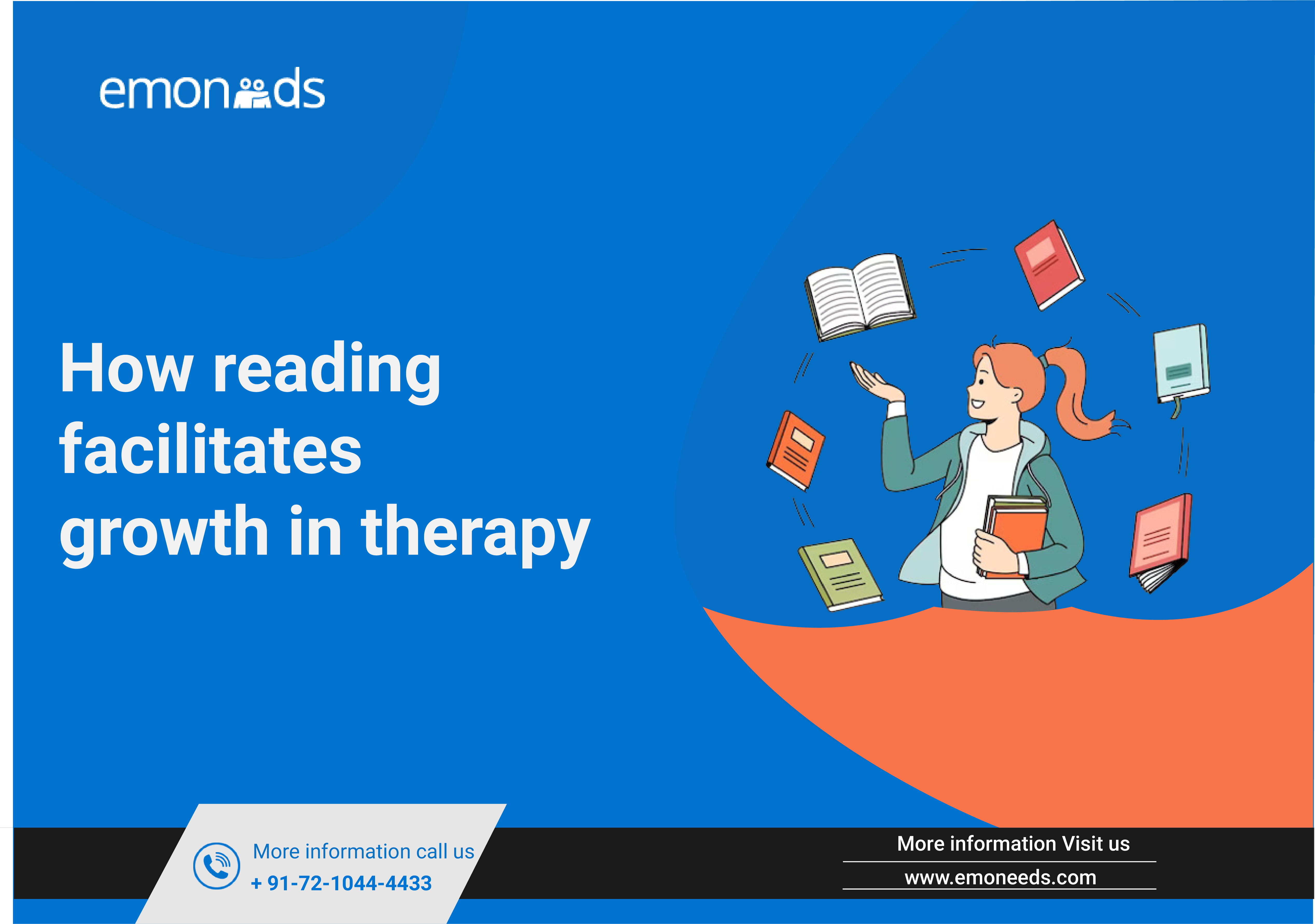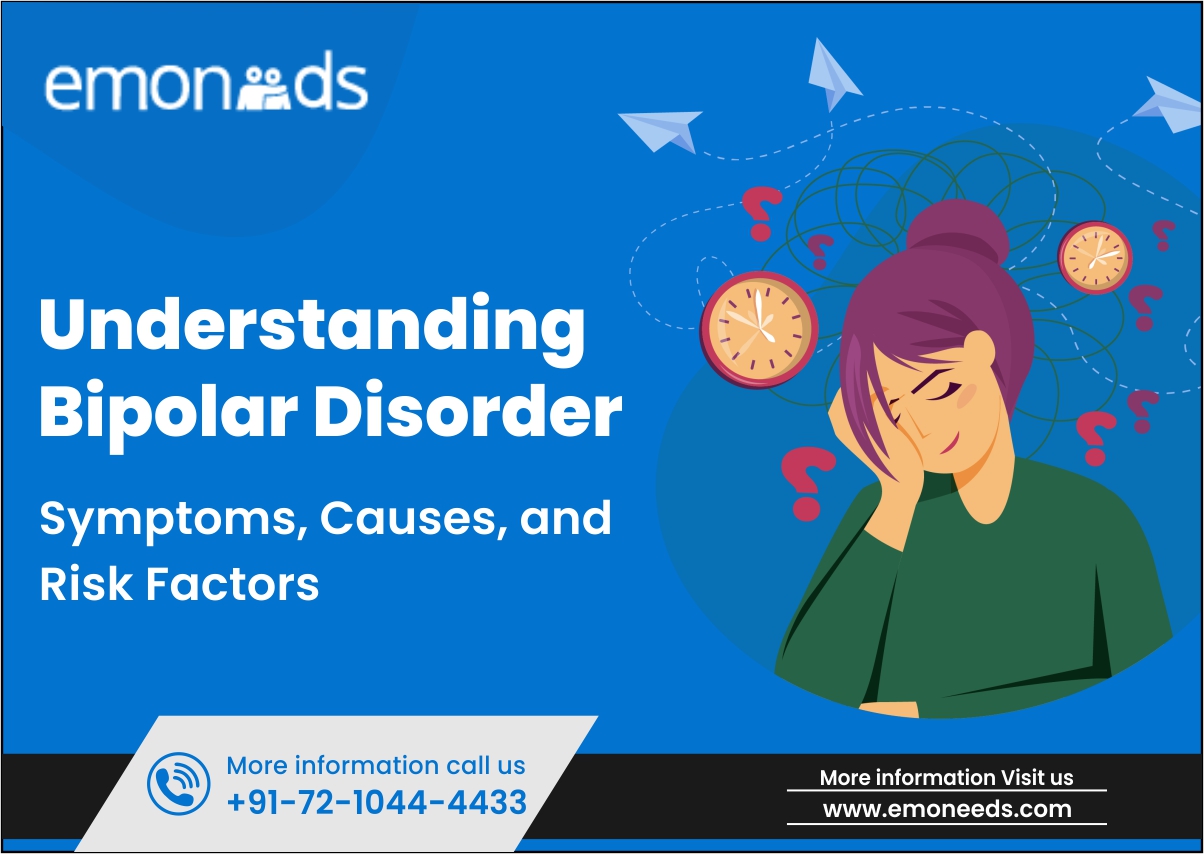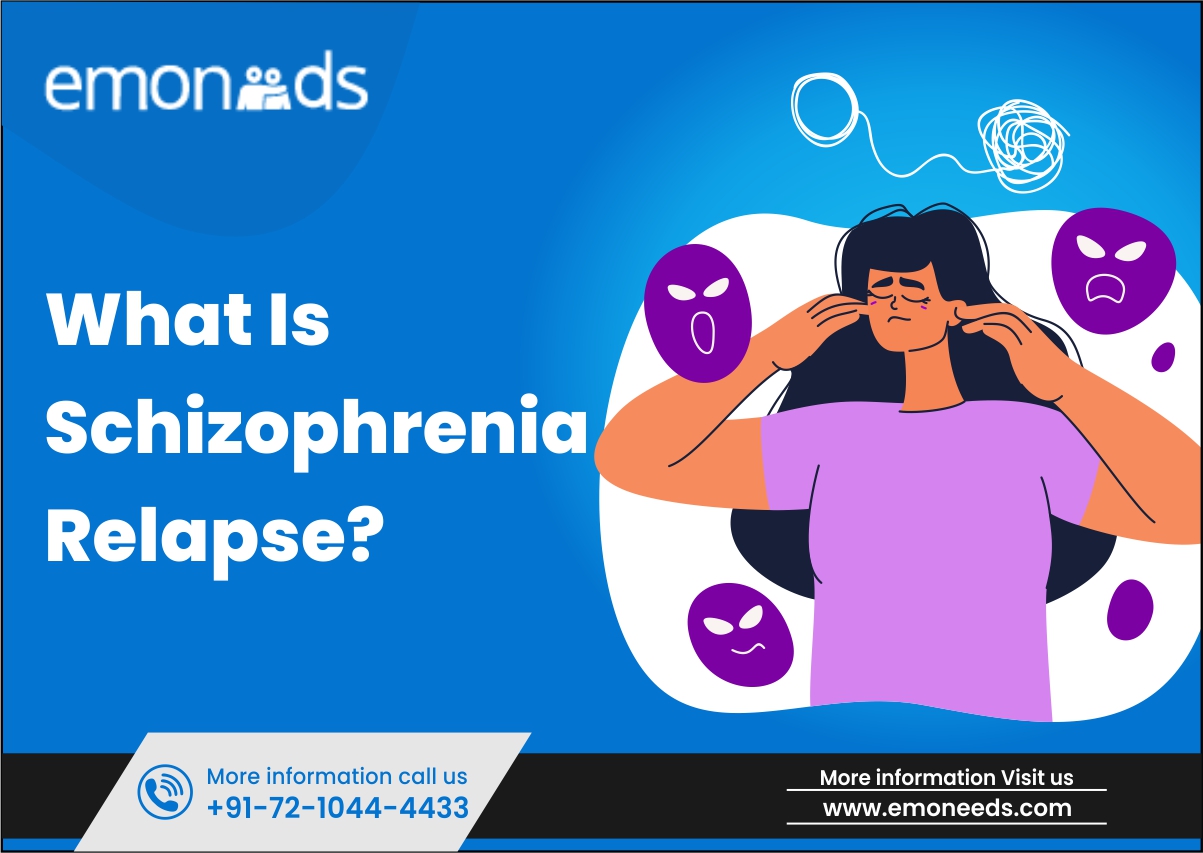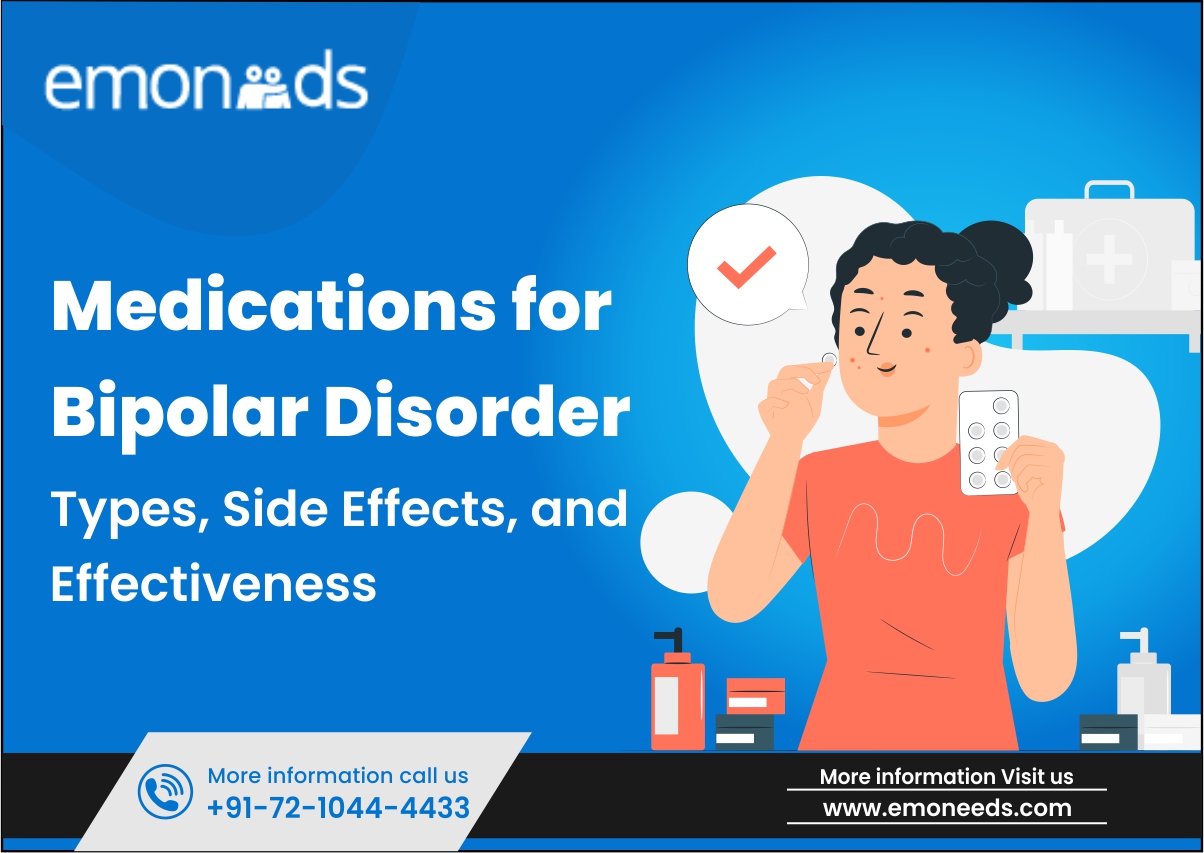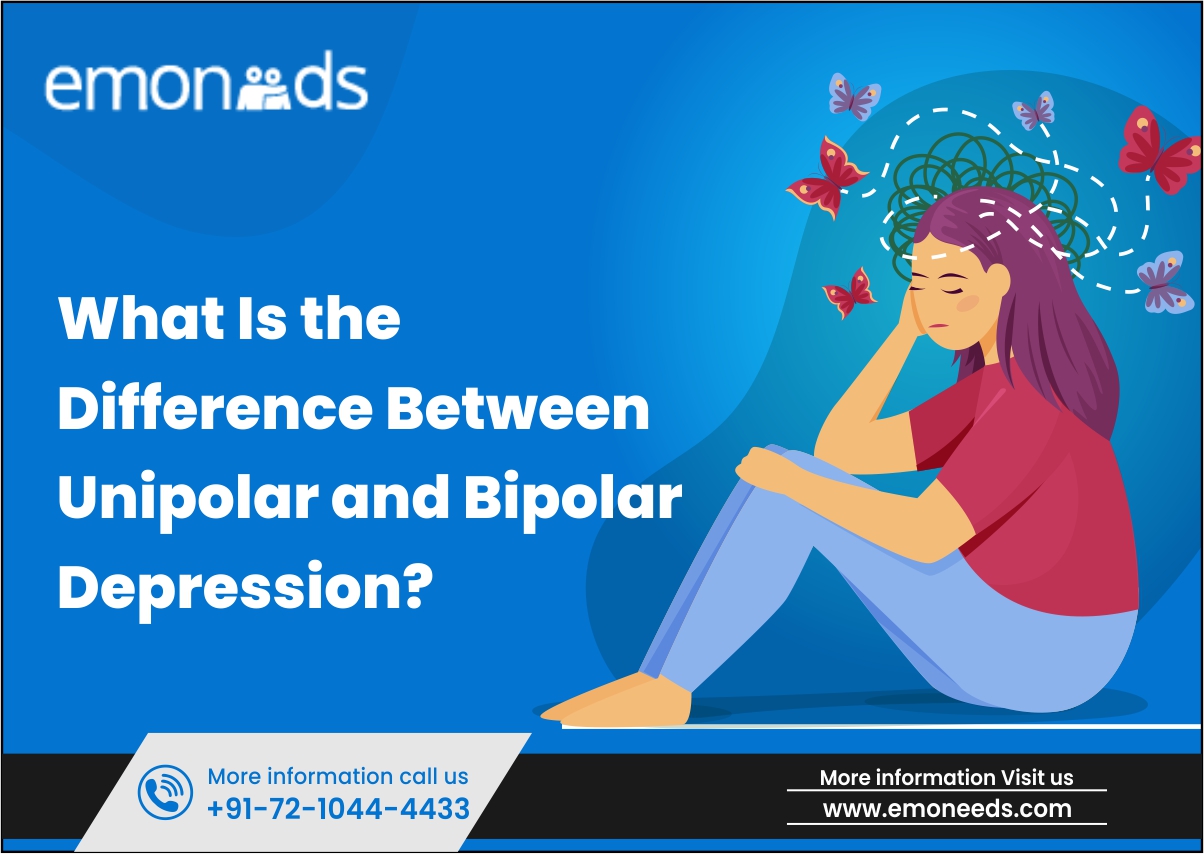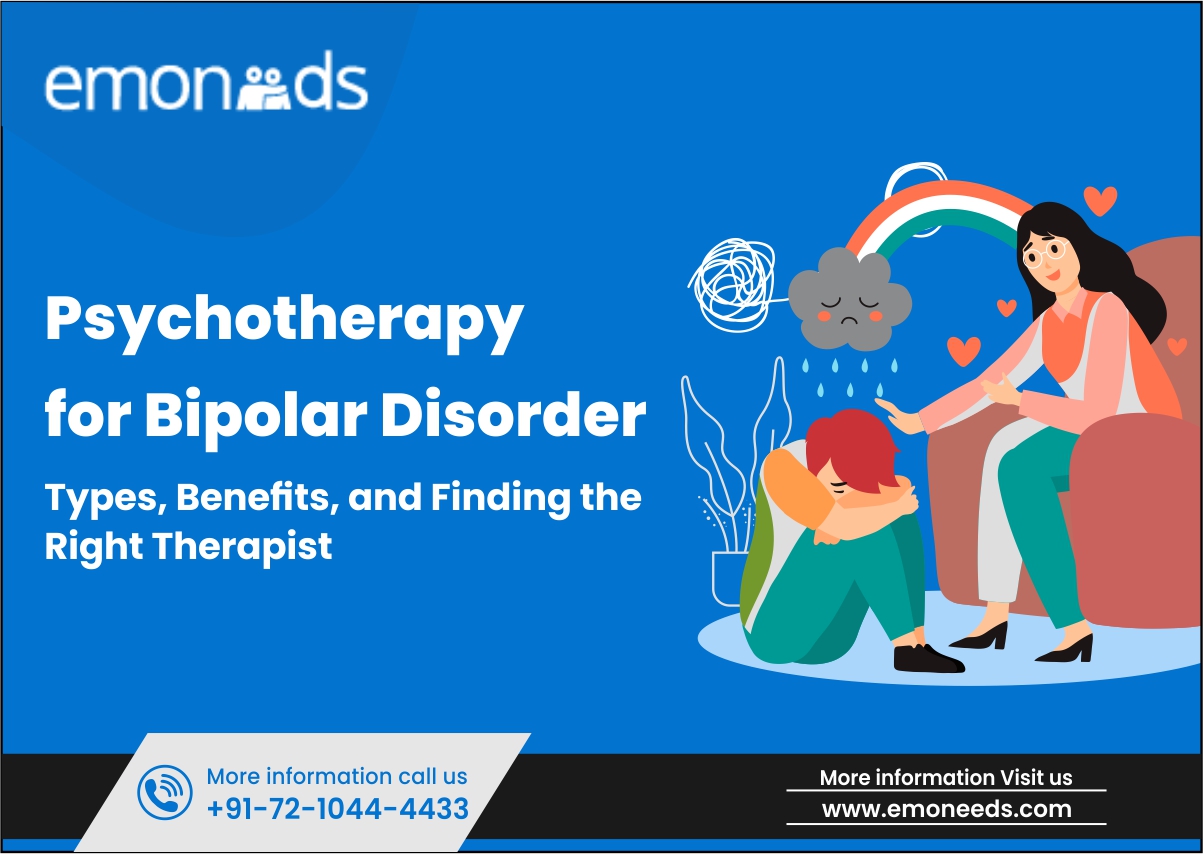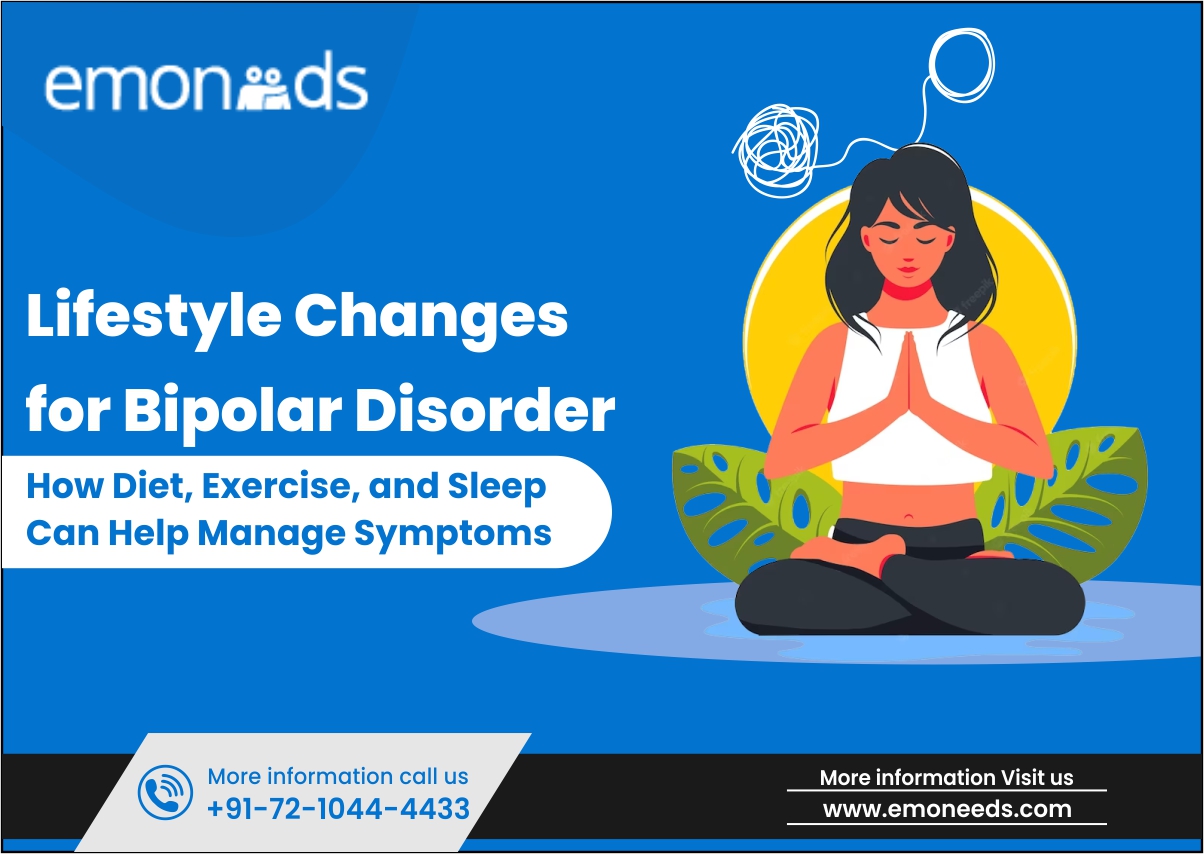
- July 26, 2023
- Saloni Kabra
- 0
Bipolar disorder is a complex mental health condition that affects millions of people worldwide. It is characterized by extreme shifts in mood, ranging from manic episodes of elevated energy and euphoria to depressive episodes of profound sadness and hopelessness. Managing bipolar disorder requires a comprehensive approach that goes beyond medication and therapy alone. Incorporating lifestyle changes can play a significant role in helping individuals better cope with the symptoms and improve their overall well-being.
In this blog post, we will explore the impact of three key lifestyle factors—diet, exercise, and sleep—on managing bipolar disorder. These factors, when approached mindfully, can complement traditional treatments and contribute to better symptom management. By making intentional changes in these areas, individuals with bipolar disorder can potentially experience improved mood stability, reduced stress levels, and enhanced overall quality of life.
Table of Contents
ToggleDiet and Bipolar Disorder: Nourishing Your Body and Mind
The Role of Nutrition in Mental Health
The food we consume significantly impacts our physical and mental well-being. Proper nutrition can support brain function, regulate mood, and provide the necessary nutrients for optimal mental health. When it comes to managing bipolar disorder, paying attention to your diet can make a difference. Consider the following:
Nutrient Deficiencies: Certain nutrient deficiencies, such as omega-3 fatty acids, B vitamins, and minerals like magnesium and zinc, have been linked to mood disorders. Ensuring an adequate intake of these nutrients may help support your mental health.
Gut-Brain Connection: Emerging research suggests a strong connection between the gut and the brain. The gut microbiota, the community of microorganisms in our digestive system, can influence brain function and mood. A balanced diet that supports healthy gut microbiota may positively impact mental health.
Key Nutritional Considerations for Bipolar Disorder
While there is no specific “bipolar diet,” making informed choices about your nutrition can contribute to better overall well-being. Here are some key considerations:
Balanced Macronutrients: Aim for a balanced diet that includes an appropriate mix of carbohydrates, proteins, and healthy fats. This can provide a steady release of energy, support brain function, and help regulate mood.
Omega-3 Fatty Acids: Incorporate sources of omega-3 fatty acids into your diet, such as fatty fish (salmon, mackerel, sardines), flaxseeds, chia seeds, and walnuts. These healthy fats have been shown to have anti-inflammatory properties and may support brain health.
Whole Foods and Fiber: Emphasize whole, unprocessed foods such as fruits, vegetables, whole grains, legumes, and lean proteins. These foods provide essential nutrients and fiber, which can promote stable blood sugar levels and support gut health.
Foods to Limit or Avoid
While there are no specific foods that cause or cure bipolar disorder, certain dietary factors may exacerbate symptoms or interfere with medications. It’s important to be mindful of the following:
Caffeine and Stimulants: Limit your intake of caffeinated beverages like coffee, tea, and energy drinks. Stimulants can disrupt sleep, increase anxiety, and potentially trigger manic episodes.
Alcohol and Substance Use: Alcohol and recreational drugs can interfere with medication effectiveness, destabilize mood, and increase the risk of mood swings and other complications. It’s best to avoid or minimize their consumption.
Processed and Sugary Foods: Highly processed foods and those high in added sugars can lead to energy crashes, mood swings, and inflammation. Opt for whole foods whenever possible.
Exercise for Mood Regulation
Exercise and Mental Well-being
Regular exercise has been shown to have a positive impact on mental well-being, and it can be particularly beneficial for individuals with bipolar disorder. When we engage in physical activity, our brain releases endorphins, which are natural mood-boosting chemicals. Exercise can also help reduce stress levels, improve sleep quality, and increase self-esteem. Here are some key points to consider:
- Physical activity stimulates the release of endorphins, which can help alleviate symptoms of depression and elevate mood.
- Exercise promotes better sleep, which is essential for managing bipolar disorder symptoms.
- Regular exercise can reduce stress and anxiety levels, providing a healthy outlet for emotional energy.
Suitable Exercise Routines and Activities
Finding suitable exercise routines and activities that you enjoy and can incorporate into your lifestyle is crucial. The goal is to engage in physical activity consistently to experience long-term benefits. Here are some examples:
Aerobic Exercises: Activities such as brisk walking, jogging, swimming, cycling, or dancing are excellent options for aerobic exercise. Aim for at least 30 minutes of moderate-intensity aerobic exercise on most days of the week.
Strength Training: Incorporating strength training exercises into your routine can help build muscle strength, improve overall fitness, and increase bone density. This can be done with free weights, resistance bands, or bodyweight exercises.
Mind-Body Exercises: Practices such as yoga, Pilates, or tai chi combine physical movement with mindfulness and deep breathing techniques. These exercises promote relaxation, improve flexibility and balance, and can contribute to mood stability.
Outdoor Activities: Spending time in nature has been linked to improved mental well-being. Consider activities such as hiking, gardening, or participating in outdoor sports to reap the benefits of physical activity and being in natural surroundings.
Creating an Exercise Routine and Staying Motivated
Building an exercise routine that works for you and staying motivated can be key to long-term success. Consider the following tips:
Start Slowly: If you’re new to exercise or haven’t been active for a while, start with small, manageable goals. Gradually increase the intensity and duration of your workouts as your fitness level improves.
Set Realistic Goals: Set realistic and achievable exercise goals that align with your abilities and lifestyle. It’s better to start with small, consistent steps rather than overwhelming yourself with unrealistic expectations.
Find Accountability: Engage in activities that provide accountability and support. This can include exercising with a friend, joining a group fitness class, or hiring a personal trainer. The social aspect can make exercise more enjoyable and help you stay committed.
Make it Enjoyable: Choose activities that you genuinely enjoy. If you find joy in what you’re doing, you’re more likely to stick with it. Experiment with different exercises and find what resonates with you.
Mix it Up: Keep your exercise routine interesting by incorporating a variety of activities. Trying different exercises can prevent boredom and keep you motivated. It can also target different muscle groups and provide a well-rounded fitness routine.
By incorporating regular exercise into your routine and considering your individual needs, you can harness the mood-regulating benefits of physical activity. Emoneeds is here to provide you with the guidance and support you need to develop an exercise plan that complements your journey with bipolar disorder.
Take the first step towards a more active and balanced lifestyle. Let exercise become an empowering tool in managing bipolar disorder and enhancing your overall well-being.
Sleep Hygiene and Bipolar Symptoms
The Connection Between Sleep and Bipolar Disorder
Sleep plays a vital role in managing bipolar disorder symptoms and maintaining overall well-being. Disruptions in sleep patterns can trigger mood episodes and exacerbate existing symptoms. Understanding the connection between sleep and bipolar disorder is critical to developing healthy sleep hygiene habits. Consider the following:
Sleep and Mood Stability: Consistent and adequate sleep is crucial for managing mood swings and reducing the risk of manic or depressive episodes.
Sleep Disturbances and Triggers: Bipolar disorder can often lead to sleep disturbances, such as insomnia or hypersomnia. Identifying triggers that disrupt your sleep, such as stress, medication side effects, or irregular routines, can help you address them effectively.
Improving Sleep Quality
Establishing good sleep hygiene practices can significantly contribute to mood stability and overall well-being. Consider the following tips to improve your sleep quality:
Stick to a Routine: Establish a consistent sleep schedule by going to bed and waking up at the same time each day, even on weekends. This helps regulate your body’s internal clock and promotes better sleep.
Create a Soothing Bedtime Routine: Engage in calming activities before bed to signal to your body that it’s time to unwind. This can include reading a book, taking a warm bath, practicing relaxation techniques, or listening to soft music.
Optimize Your Sleep Environment: Make your bedroom a sleep-friendly space by keeping it cool, dark, and quiet. Consider using blackout curtains, earplugs, or a white noise machine if necessary. Ensure your mattress and pillows provide adequate comfort and support.
Minimize Stimulants and Electronics: Avoid consuming caffeine or other stimulating substances close to bedtime. Additionally, limit your exposure to electronic devices, such as smartphones and tablets, as the blue light emitted can interfere with your sleep.
Manage Stress and Anxiety: Incorporate stress-management techniques into your daily routine, such as mindfulness meditation, deep breathing exercises, or journaling. These practices can help calm your mind and promote a sense of relaxation before sleep.
By implementing these sleep hygiene practices, you can improve the quality of your sleep and enhance your overall well-being.
Conclusion
Incorporating lifestyle changes that focus on diet, exercise, and sleep can play a significant role in managing bipolar disorder symptoms. These changes, along with professional treatment and support, can contribute to improved mood stability and overall quality of life.
Remember, everyone’s journey with bipolar disorder is unique, so it’s essential to work closely with healthcare professionals to develop a personalized treatment plan that suits your needs. Emoneeds is here to provide the support and guidance you need to navigate your mental health journey effectively.
Start small and gradually incorporate these lifestyle changes into your daily routine. Seek the help of a registered dietitian, exercise professional, or therapist experienced in working with bipolar disorder to ensure you’re implementing these changes safely and effectively.
Take control of your well-being by making intentional choices that support your mental health. Together, we can strive for stability, resilience, and a fulfilling life, even with bipolar disorder.
DBT emphasizes “mindfulness” practice. Mindfulness develops awareness of emotion, awareness of behavior, and awareness of one’s surroundings, allowing people to observe and accept their current experience without being judgmental. DBT therapists help individuals understand their patterns of emotion regulation, their impact on various aspects of lives, recognize them, and learn healthy skills to express emotions and cope with distressing situations. “Emotion regulation skills” learned through DBT help people deal with their vulnerability to rapid and intense emotional reactions.
People with emotional dysregulation have a lower level of tolerance for distress. A lower distress tolerance level impacts one’s ability to make decisions, which again leads to impulsive or self-destructive behavior. DBT places strong emphasis on enhancing the “distress tolerance skill”. Distress tolerance skills help individuals navigate challenging circumstances and emotions until they are able to respond in an effective way. As a result, such skills help them manage impulsive behaviors and self-destructive tendencies.
Another main focus of DBT is to improve interpersonal skills and help people develop healthy relationships. The “interpersonal effectiveness skills” that one acquires through DBT improve Individuals’ communication, assertiveness, and problem-solving abilities, helping them to manage relationships in a healthier and more adaptable manner. DBT also teaches how to establish healthy boundaries so that one may take care of oneself and have healthier relationships. When disputes occur, DBT skills assist in dealing with them constructively and finding solutions that work.
DBT boosts resilience by providing individuals with practical skills for navigating life’s problems, improving well-being, and creating a more fulfilling and balanced existence.





